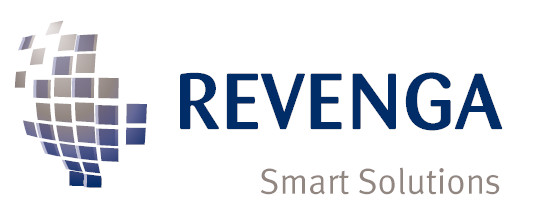Our goal: to reduce our emissions by 30% by 2030
In 2019, we aligned our interests with the scientific call not to raise the average temperature of the planet more than 1.5 ºC, and since 2019 has been committed, through our adherence to the Business Ambition for 1.5 ºC initiative promoted by the United Nations, to establishing science-based emission reduction targets.
We’ve set a science-based emission reduction target, validated in Science Based Targets (SBTi) in 2021, to reduce emissions resulting from our activity (scopes 1 and 2) by 30% by 2030, and also to calculate the emissions generated by our value chain (scope 3).
Acceleration for the Net Zero Transition. Our goal: carbon neutral by 2040
After the excellent results obtained in the measurement of the carbon footprint for 2021, with a 47.6% reduction of the carbon footprint compared to the baseline year (2018), RSS is accelerating the transition towards net zero emissions, with the commitment to address the necessary changes in the business model to incorporate the Net Zero model, anticipating future legal requirements for companies. The Acceleration Plan for the Net Zero Transition 2022-2040 reflects the actions to be implemented to achieve the goal of limiting the global increase in temperature to less than 1.5 degrees on average compared to the pre-industrial era, as well as the compensation mechanisms to be used to neutralize residual emissions that cannot be reduced.
The Acceleration Plan for the Net Zero Transition 2022-2040 is the key element for achieving Net Zero, with the following implications for RSS: quantification of greenhouse gas emissions, definition and implementation of the emission reduction plan, and neutralization of residual emissions. This plan has been defined for the period 2022-2040, extending the deadline from the previous Atmospheric Emission Reduction Plan by a decade and aligning with the EU’s commitment to achieve climate neutrality by 2050.

